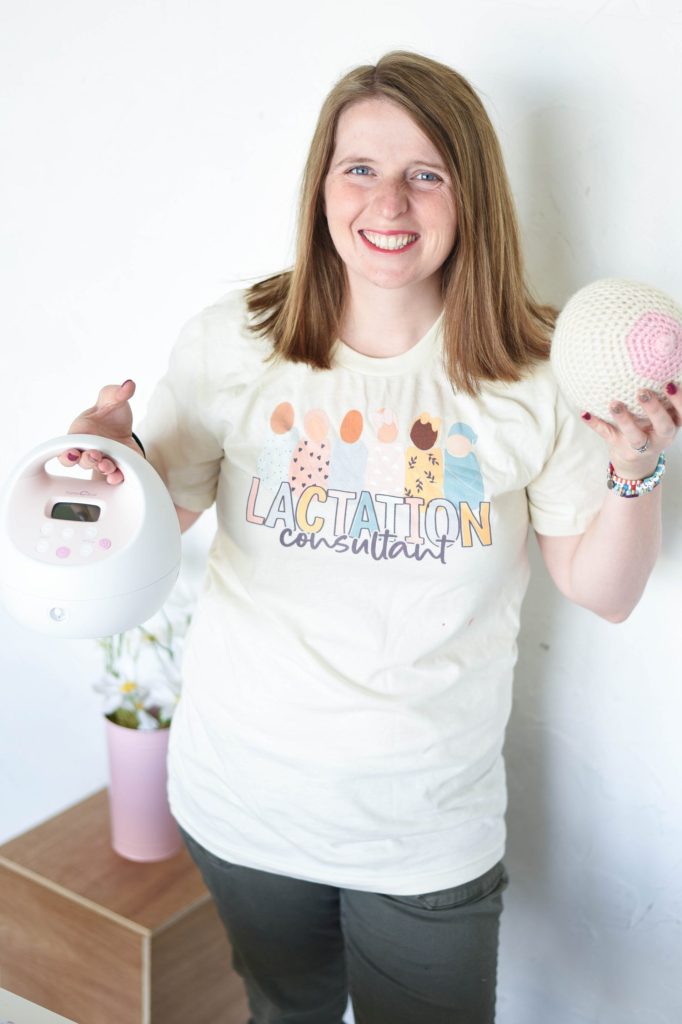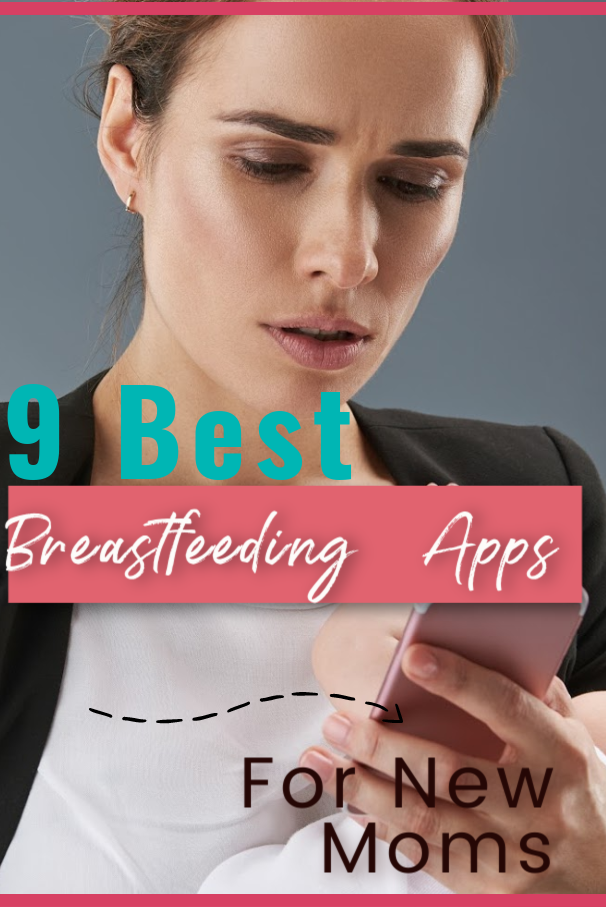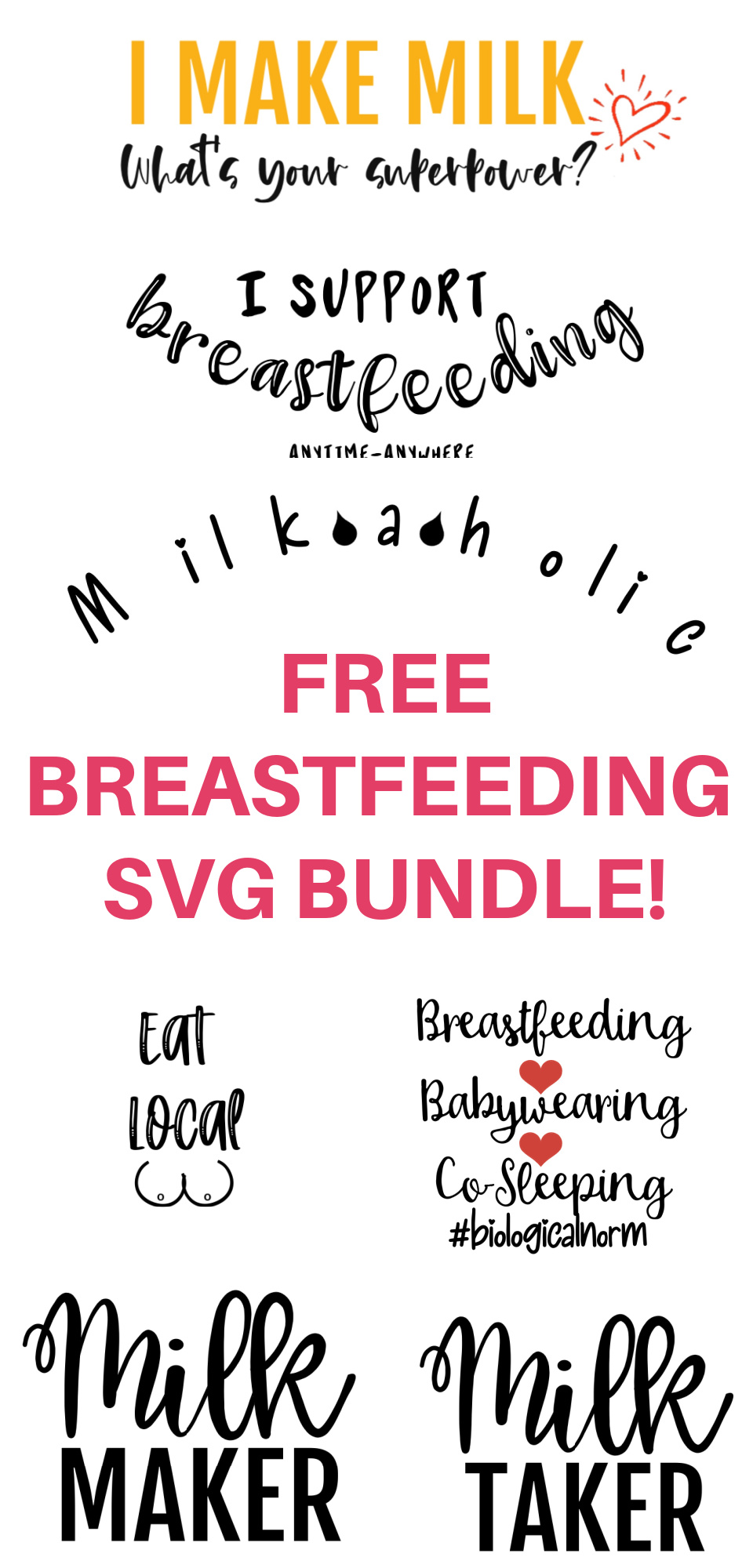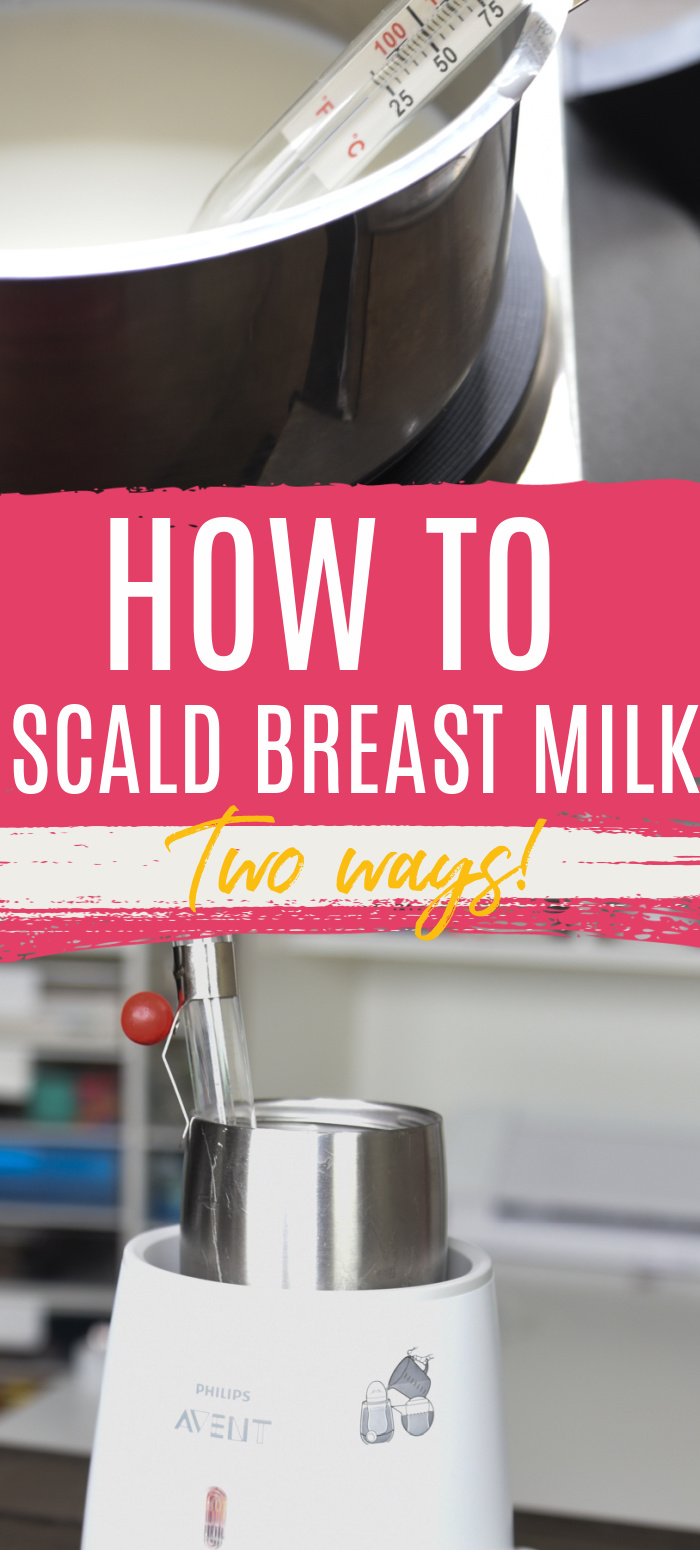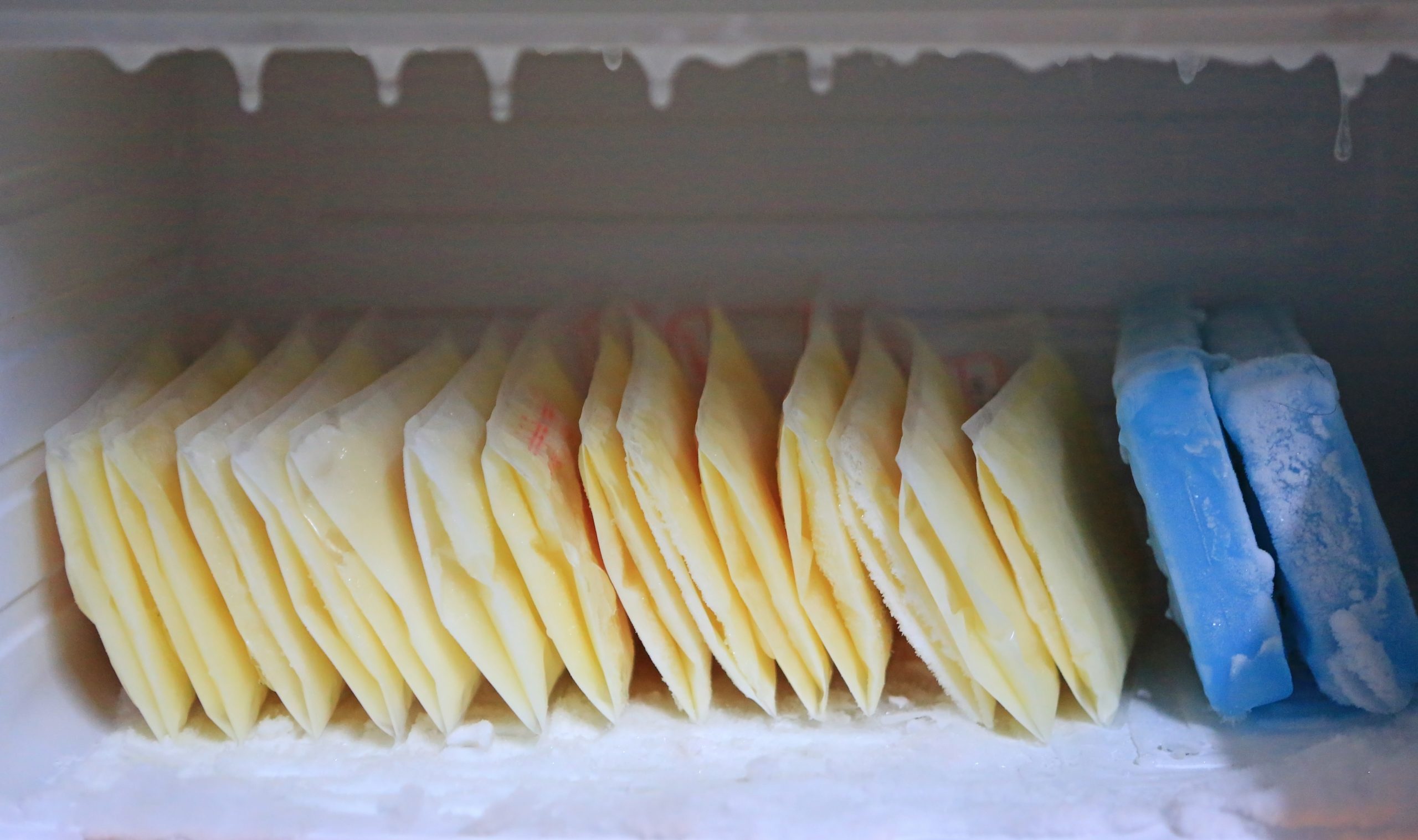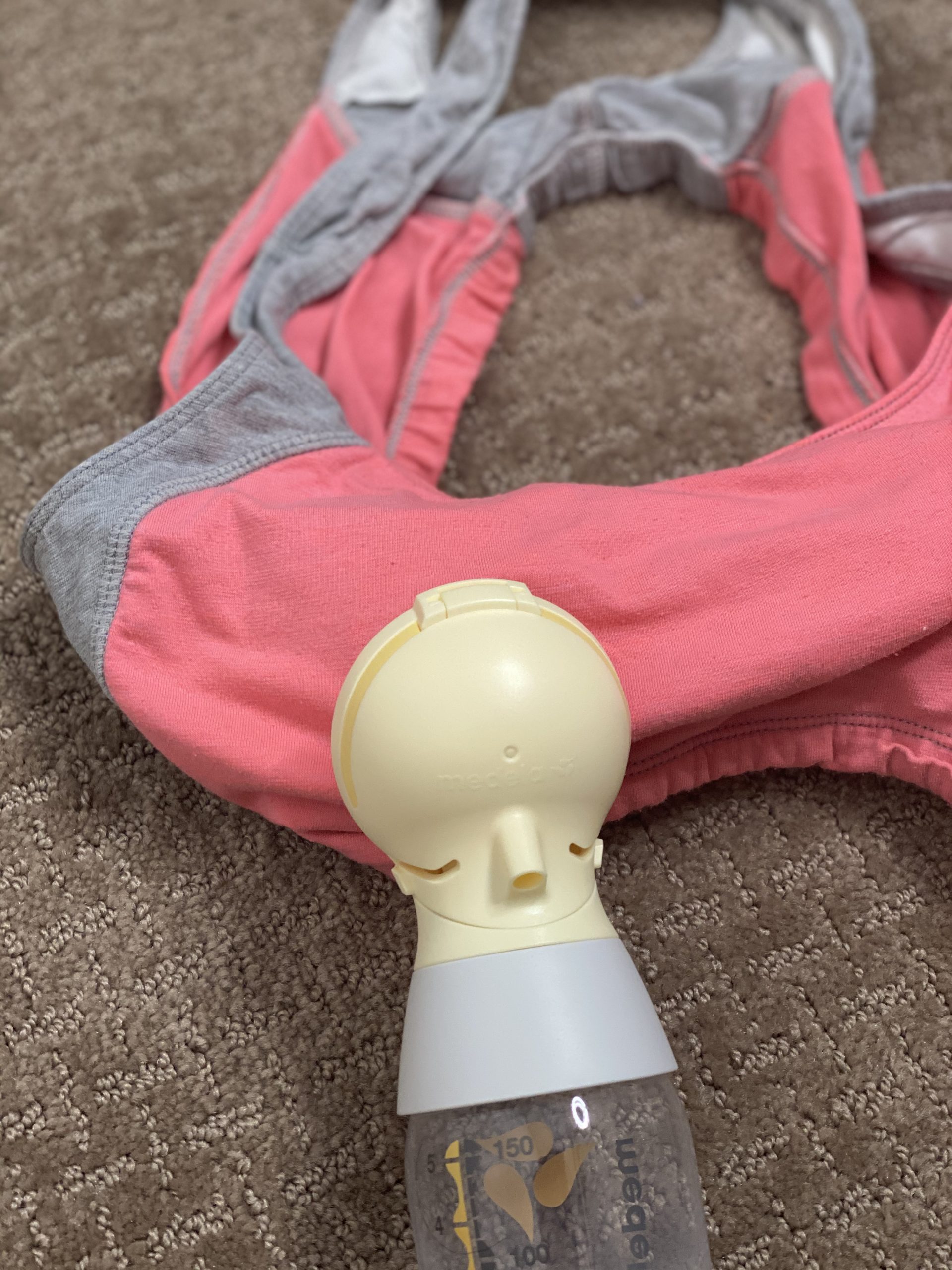Donor human milk can be a fantastic option for parents around the globe who may not be able to provide any or all breast milk for their children. But is it the right choice for everyone? In this article, you will learn about some donor milk pros and cons to help you make the best decision for your family.

Human milk is the best source of nutrition for infants, but not all mothers are capable/able to breastfeed their own children. This leads to other sources of milk being necessary, such as donor milk. Donor human milk (DHM) can come from a variety of places, such as milk banks or other mothers who have an oversupply of milk. This milk is screened for pathogens and is safe for consumption by infants. There are many benefits to using DHM, but there are also a few drawbacks that should be considered.
In my experience, many parents are not even aware of the possibility of using donor milk, especially its availability in the hospital. I’ve had two children where I’ve been faced with the possibility of supplementing due to blood sugar issues, and both times, I was first told that formula was what I would have to give.
When I asked about the possibility of donor milk, I was told that it was an option, but they preferred formula. Looking back, this frustrates me for various reasons, but I think it’s important for parents to be aware of the option of human donor breast milk when they are faced with the possibility of supplementing.
There is no right answer for everyone – many parents would prefer to use the formula for various reasons. However, understanding the benefits and disadvantages of using human donor milk should be available and discussed. Of course, always work with your medical provider.
Pros
There are many benefits to using donor human milk (DHM) for infants.
One of the most obvious is that it is a safe alternative to feeding your baby your own breast milk – especially when it is obtained from a donor milk bank. DHM from a milk bank is screened for pathogens and is safe for consumption by infants.
Most donor milk banks make sure that the milk they provide has the appropriate balance of calories, fat, and other nutrients for a baby, so you know that they are getting good quality milk (not that any mom has poor quality milk!)
The milk proteins in DHM are more easily digestible than cow’s milk, which can be difficult for some infants to digest.
DHM also contains antibodies that infants may not be able to produce on their own and won’t be able to get from formula. The antibodies that DHM contains can protect infants from many common illnesses, such as respiratory conditions, gastrointestinal infections, and ear infections.
This makes donor milk especially beneficial for preterm infants who are at risk for developing these diseases. Another benefit is the low rate of side effects associated with DHM.
https://www.who.int/elena/titles/donormilk_infants/en/According to the WHO, “Available evidence shows that compared with formula, donor human milk is associated with lower incidence of the severe gut disorder, necrotising enterocolitis, and other infections during the initial hospital stay after birth.”
Cons
While there are many benefits to using DHM, there are also a few drawbacks that should be considered.
One disadvantage is that the milk may not be available in all areas. Donor milk isn’t available at all hospitals or countries, which can make it difficult to obtain and sustain using – as opposed to formula. The more awareness that is brought to donor milk, though, the more donors that will be available – making it more sustainable across the world.
Another disadvantage is that the milk may be expensive for some families. If you choose to get milk from a milk bank, it’s typically around $4 an ounce, which is just not sustainable.
There is less education given to medical providers about the use of human donor milk, especially in hospitals. I have heard and seen many nurses talk about how it’s just more of a pain, and they prefer for parents just to use formula. This can encourage a stigma even further surrounding donor milk.
On a similar note, the use of donor milk isn’t super common, so you may get negative remarks from family and friends who find it “weird” or “gross” (and if they do – and they happen to cow or goat milk drinkers – remind them that they are regularly consuming donor milk from an animal!).
If you choose to get milk directly from a donor, there’s no guarantee that you’ll be able to keep getting the breast milk. It can be overwhelming for some moms to have to constantly be looking around and trying to find a new milk donor.
Breast milk tends to be more gentle on the system than formula, but there are some babies who might have issues tolerating donor milk. This can happen even when
Donor milk has an extra cost for hospitals due to the preparation, storage, and delivery of the milk. This can make it harder to get.
Finally, if you choose to use donor milk from another mother (as opposed to from a milk bank), there is more risk involved. Donor milk and wet nursing were much more commonplace until there was an increase in awareness about HIV and other communicable diseases. While I believe most mom-to-mom donors are honest and forthcoming about their breast milk, you can’t 100% guarantee the storage and handling methods of the breast milk, what medications the mother has taken, and if they have any communicable diseases that they aren’t sharing. I don’t see this happening often with free donor milk – primarily just when milk is being sold (as there is more financial benefit to being dishonest).
What Professional Organiations Say
Honestly, when I search for official stances from different organizations, I was disheartened to find there wasn’t a ton of information.
In 2017, the American Academy of Pediatrics (AAP) released a document entitled “Donor Milk for the High-Risk Infant“. In it, they discussed proper storage and handling of this milk. It seems to primarily focus on prioritizing its use for high-risk, NICU babies, and discouraging the use of any milk that is not obtained from a milk bank, due to the risk of HIV, poor handling, and increased risk of bacterial contamination.
On Healthy Children (which is connected with the AAP), it says “Mother’s own milk is always preferred, in part because some of breastmilk’s beneficial biological components may be reduced after pasteurization. But donor human milk can be an effective alternative when maternal milk isn’t available or falls short of the infant’s needs, according to the AAP. Reliably safe supplies of donor human milk from established milk banks are still limited, however.”
The FDA recognizes that donor human breast milk can be a good option in some situations, though they advise against getting breast milk from any source other than milk bank. They have recommendations and tips for safe donor milk.
Finally, the World Health Organization (WHO) says, “WHO recommends that LBW infants, including those with very low birth weight, who cannot be fed mother’s own milk should be fed donor human milk. This recommendation is relevant for settings where safe and affordable milk-banking facilities are available or can be set up.
Donor human milk (DHM) is a safe and nutritious alternative to breastfeeding that is especially beneficial for preterm infants or those who cannot tolerate formula well. It is especially beneficial for premature infants who are at risk of developing many serious illnesses. There are some disadvantages associated with using DHM, but these can be mitigated by the ability to screen donors and access DHM in all areas. The benefits of using DHM far outweigh the potential disadvantages.
My hope is that more discussion and funding will be made available to make donor milk a more sustainable option for new parents. who choose to use it.


